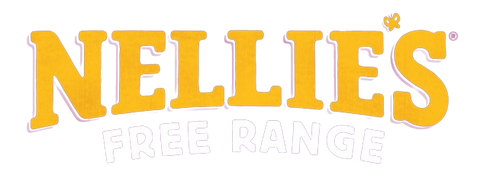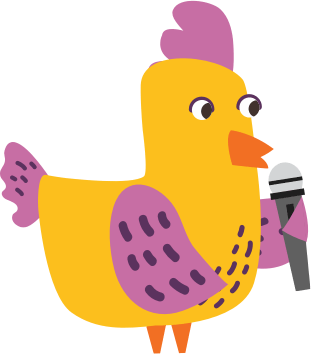
It's that time again for New Year's resolutions. And a few big companies are doing it. McDonald's is doing it over the next decade. Burger King, Starbuck's, Panera and Taco Bell plan to be there by 2017. Dunkin Donuts, General Mills, Costco, Michael Foods and even Royal Caribbean have all made announcements recently. They are all going cage free for their eggs. Evidentially, Corporate America has finally gotten the message that their consumers don't want inhumane treatment for the animals that produce their food; thus the beginning of the end for a horrific practice may be at hand.
This is mostly great news. Currently, 90% of the eggs sold in the U.S. still come from "farms" (read: massive warehouse complexes) full of "battery cages" where hens spend their lives in disgusting enclosures the size of a piece of writing paper, stacked high, one on top of the other. And that will continue to be true for quite a while yet – years in all likelihood. But, change is on the horizon. The European Union simply banned these systems years ago. California has also done it. Massachusetts is considering it. Until the practice is altogether banned in the U.S., there will still be a market for the cheapest possible eggs, which means tiny, cramped cages.
It's also true that while big egg producers are seeing the writing on the wall and are either building or converting space to cage free production; that new "farm" of theirs probably still isn't what consumers think a farm should be. The caged producers have not turned over a new leaf. They will continue to try to deliver the cheapest eggs possible to the marketplace and are simply adjusting to, at the most basic level, society's increasing discomfort with their worst practices. For example, a new facility being planned for "cage free" production in Texas will house up to 3 million birds in a single location. This is not going to be sustainable, human scale farming, not by a long shot. True, the birds will have a bit more freedom of movement, but only within what are essentially just bigger cages (yes, that can be considered "Cage Free" by the USDA) and they will never have access to the outdoors with dirt, grass or sunshine.
Truly humane farming requires a higher standard. At Nellie's we are Certified Humane Free Range by the non-profit Humane Farm Animal Care (HFAC) organization, the highest standard of care in the industry. Certified Humane Free Range means there are no cages of any type in our barns, big or small. Our hens have access 24-hours a day to feed, fresh water, fresh air and places to nest and roost. Because they are not in over-crowded situations, we do not need to add antibiotics to their feed to avoid the spread of disease. They also can go outside via easily accessed doors to adjacent pasture and field (outdoor access may be limited when either weather conditions or risk of things like Avian Influenza warrant it).
McDonald's will probably continue to buy their eggs from giant industrial egg factories so that they can continue to put an Egg McMuffin on the menu for the artificially low price of $1.00. Nellie's eggs are produced by independent, small family farms. This is the only model that is sustainable for the future of agriculture after society's failed experiment with farm industrialization.
We salute the decisions by McDonald's and others to respond to their customer's concerns and make long overdue changes to their egg supply. However, the improvement is still just a small step toward truly humane, and sustainable farm operations. To know you are buying humane, free range eggs from a responsible, human-scale producer, look for the Certified Humane logo on all your eggs.











